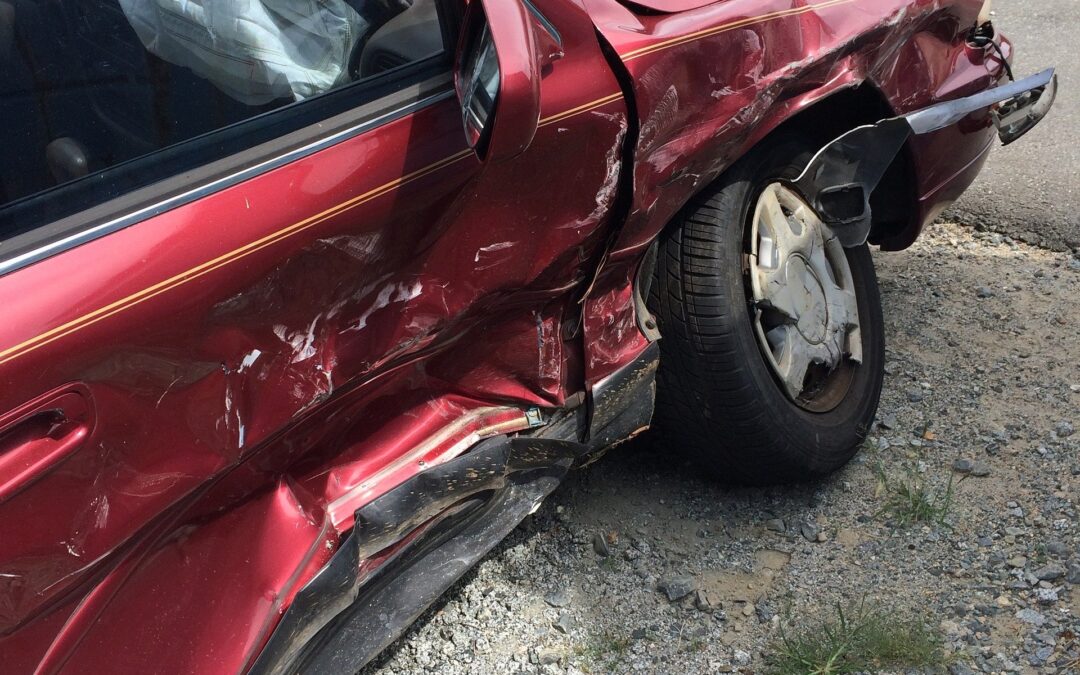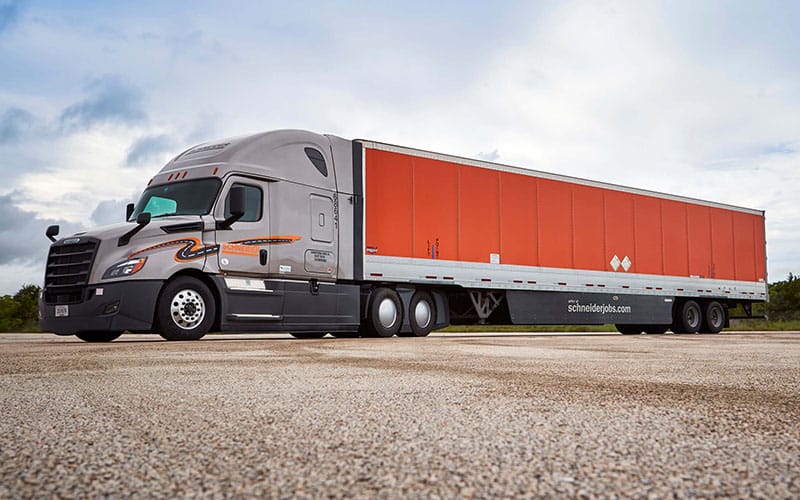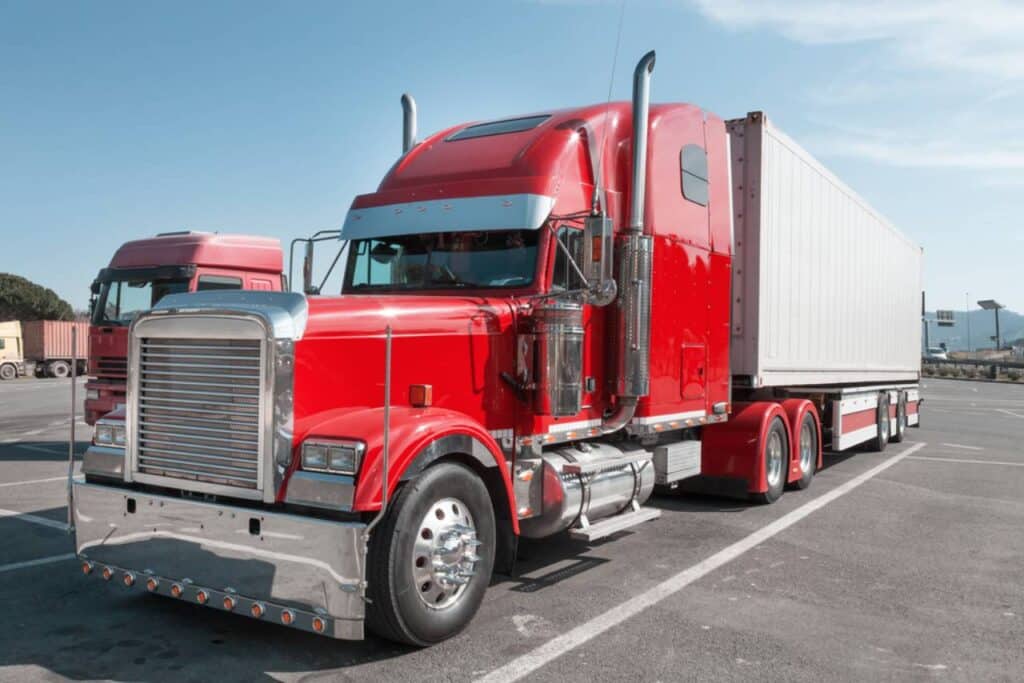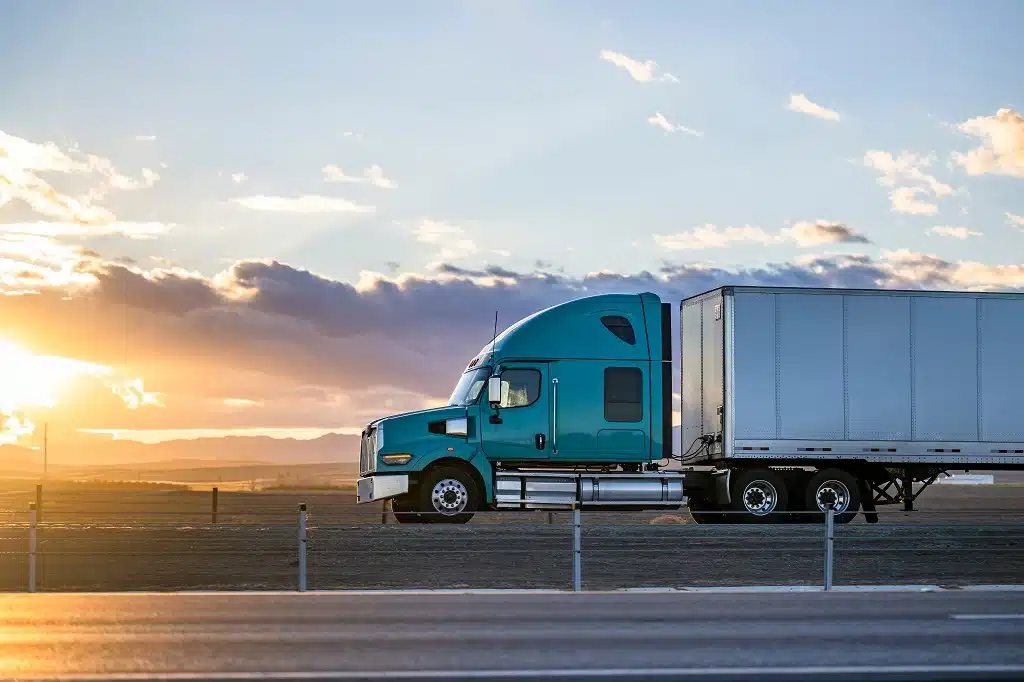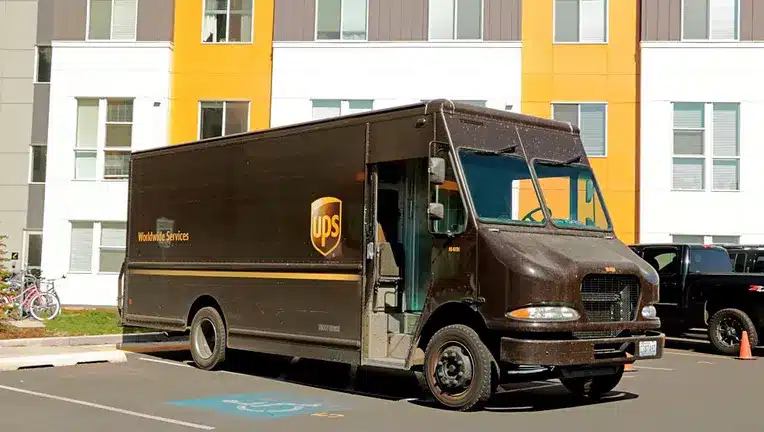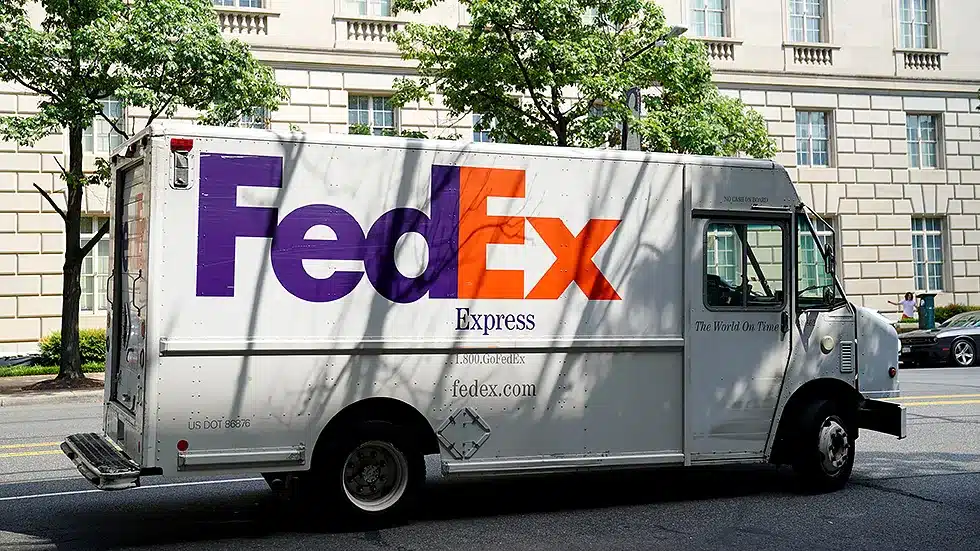What happens if your car is totaled? The aftermath of a serious vehicle collision can be challenging for anyone. While some minor collisions result in little more than dinged doors or cracked fenders, many collisions result in a motor vehicle becoming a total loss.
If your car is totaled after an accident, your next steps will depend in part on your available insurance coverage. What’s more, if the accident occurred through no fault of your own, you could have a viable legal claim on your hands.
Before you take any steps toward pursuing these options, you could benefit from first discussing your situation with a skilled injury attorney. By talking through your options with legal counsel, you could better prepare yourself for what comes next.
UNDERSTANDING TOTAL LOSSES
The term “total loss” was coined in the insurance industry. Auto insurance adjusters apply this term to vehicles with a value below the cost to repair them. While insurance companies will repair vehicles when it is feasible, they will not repair total losses. Instead, these insurance companies will compensate their insured for the value of the vehicle.
Every state addresses total losses differently. Under Georgia state law, the insurance company has two options when they determine a vehicle is a total loss. First, the insurer can provide the insured driver with the cash equivalent of the vehicle’s value. This value takes into account insurance deductibles and places the value of the car prior to the accident.
Alternatively, insurance companies in Georgia may replace a totaled vehicle. This involves an insurer purchasing a car outright on a motorist’s behalf. The vehicle must match the make, model, mileage, and condition of the original car as closely as possible. Insurance companies generally opt for a cash payment.
KEEPING A TOTALED VEHICLE
Some motorists prefer to keep the destroyed vehicle after a crash. Whether it is with the hope of repairing the vehicle or holding onto it for sentimental reasons, it is not uncommon for insured drivers to request ownership of the vehicle after an accident.
Typically, the insurance companies take ownership of the totaled vehicle and sell it for scrap after paying out on a claim. In some cases, however, the insurer will allow the insured driver to keep the car. In these cases, the insurer will deduct the value of the salvage from the total payout sent to the owner.
DEALING WITH LIENS
The process of dealing with a totaled vehicle becomes more complicated when it is not owned outright. Drivers and insurance companies must also address all outstanding liens on the totaled vehicle.
Typically, the insurance company will send a check directly to the lender once the claims process is complete. The insurance companies will maintain any necessary deductibles before sending the remainder. If this payment covers the full amount of the lien, it will satisfy the debt on the totaled vehicle. Drivers that still owe on their note after the insurance proceeds are applied should discuss their options with legal counsel.
DISCUSS YOUR OPTIONS WITH AN ATTORNEY
Dealing with a totaled vehicle is only one of the aspects of a motor vehicle accident that a skilled attorney can handle. In addition to pursuing a personal injury claim, an attorney could also pursue an insurance claim as well. To learn more, contact a skilled attorney today.

